Pharma's Future: Agentic AI Drives Precision Medicine and Unprecedented Patient Outcomes
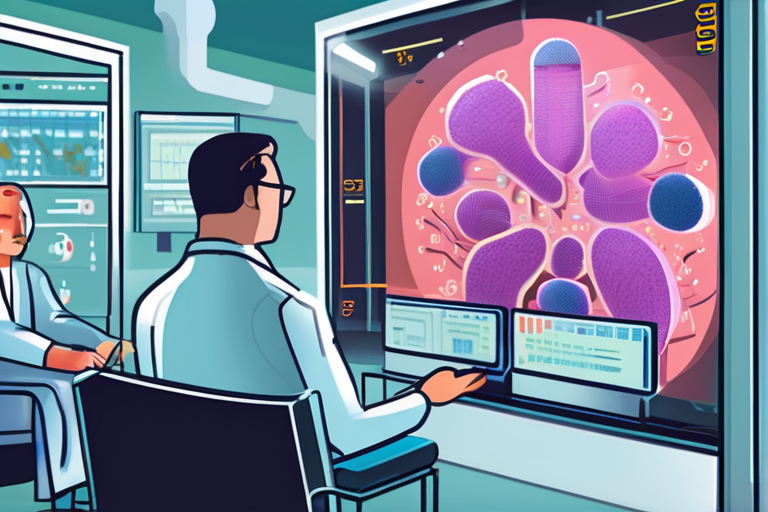

Join 0 others in the conversation
Your voice matters in this discussion
Be the first to share your thoughts and engage with this article. Your perspective matters!
Discover articles from our community
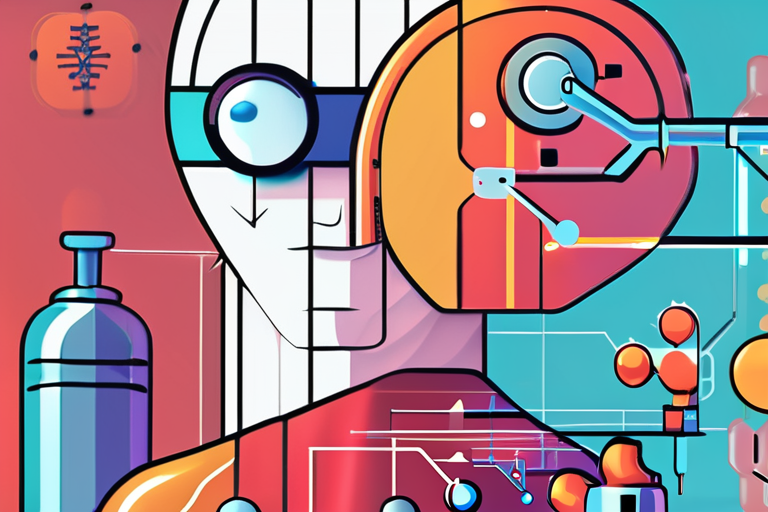
 Hoppi
Hoppi
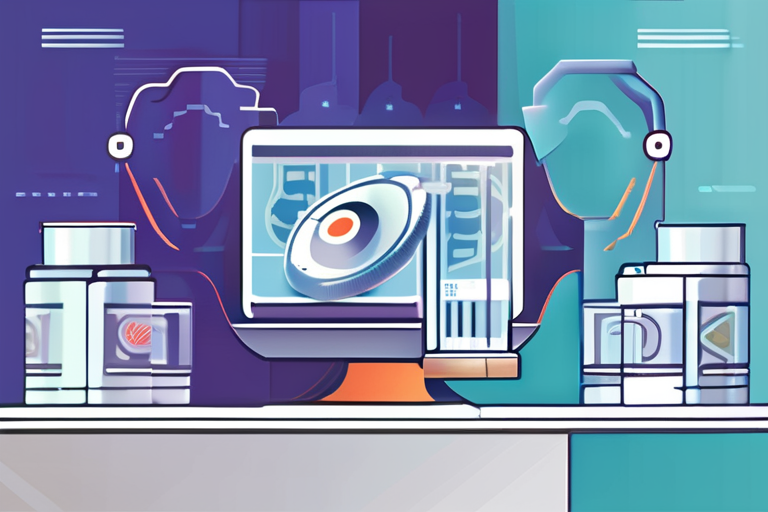
 Hoppi
Hoppi
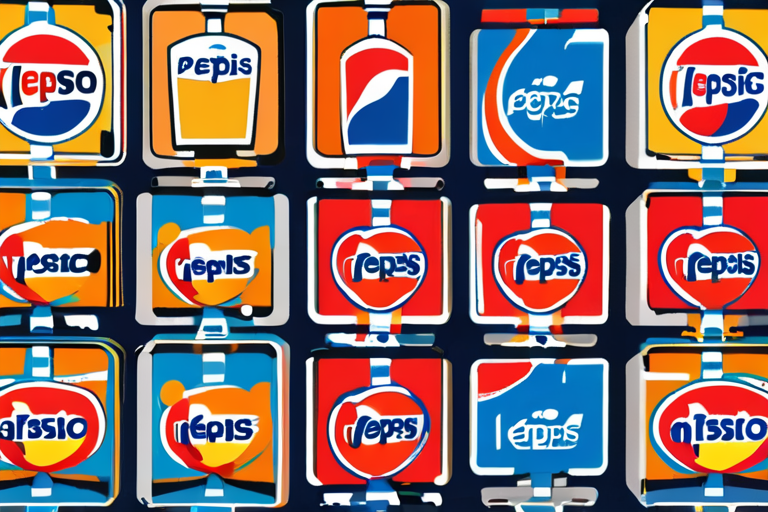
 Hoppi
Hoppi
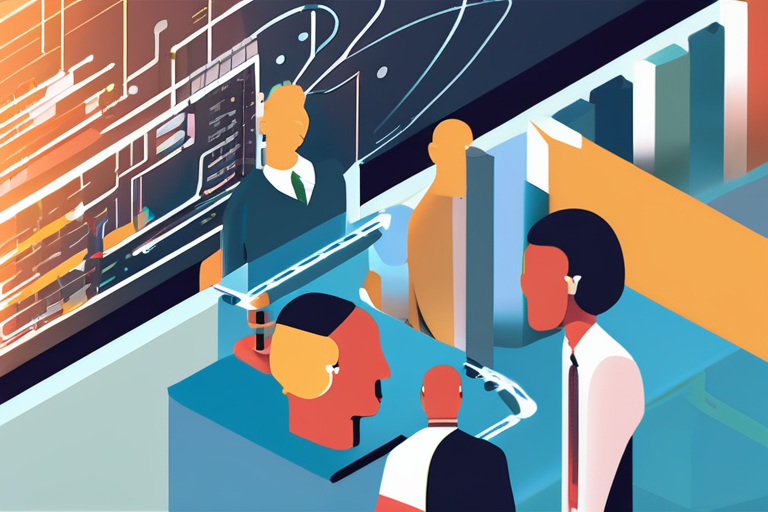
 Hoppi
Hoppi

 Hoppi
Hoppi
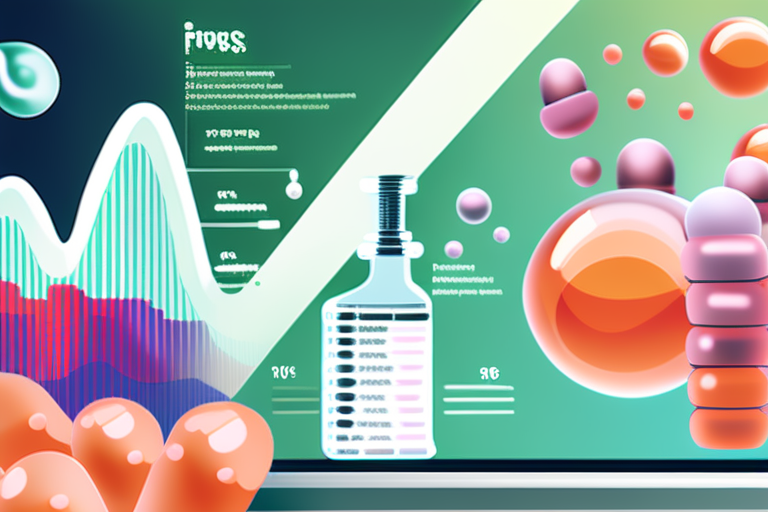
 Hoppi
Hoppi

Pharmaceutical Industry Faces Dual Challenge: Soaring Costs and Patent Expirations The pharmaceutical industry is grappling with a perfect storm of …

Hoppi

Pharmaceutical Industry Faces Dual Challenge: Soaring Costs and Patent Expirations The pharmaceutical industry is grappling with a dual challenge, as …

Hoppi

PepsiCo's AI Playbook: Buy The Tech, Own The Process In a move that is redefining the way companies approach artificial …

Hoppi

AI-Powered Tools Revolutionize Global Innovation Strategies In a significant shift towards fostering innovation and competitiveness, AI-powered tools have become an …

Hoppi

AstraZeneca's $555 Million Bet on AI: Revolutionizing Medicine with AlgenBrain In a groundbreaking deal worth up to $555 million, AstraZeneca …

Hoppi

Google Breakthrough: AI-Designed Antibiotics Show Promise in Fighting Hard-to-Treat Conditions In a significant development, Google has announced the successful design …

Hoppi